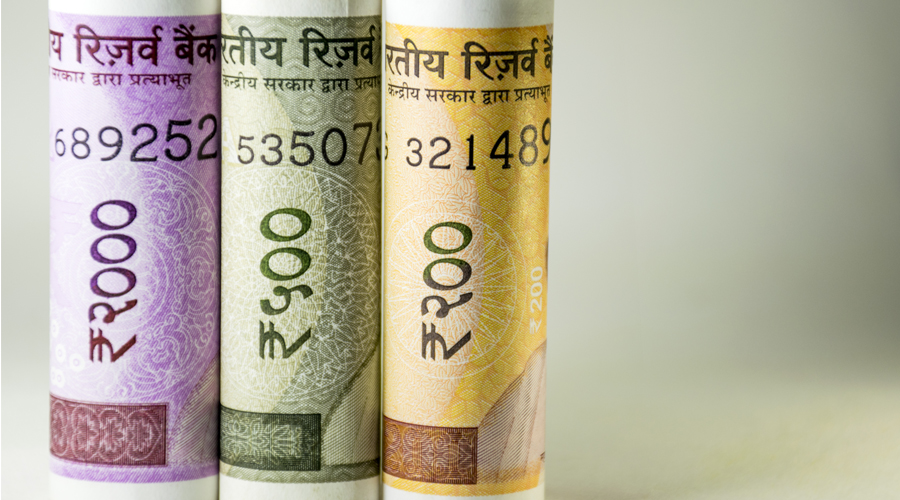Investors are concerned over the availability of liquidity in the system as bond yields rise and the global economy recovers.
The moves of the central banks across the world are being keenly watched, especially whether they will withdraw their accommodative policies earlier than expected.
Some indication may be available next week when the US Federal Open Markets Committee meets on March 16 and March 17 . The general view is that the Fed will raise rates only in 2023. But investors are more concerned over whether the Fed will gradually wind down its monthly purchases of $120 billion of bonds.
Last week, US Federal Reserve chairman Jerome Powell said the central bank will keep interest rates — which are near zero — till the US economy reaches maximum employment and inflation has risen to two per cent and is on track to moderately exceed two per cent for some time.
“The markets will be mainly focusing on the expectations on whether the Fed, in its upcoming meeting, will maintain its accommodative stance in a rising bond yield market,” says Vinod Nair, head of research at Geojit Financial Services.
Impact of the rising bond yields has been felt in the domestic markets as well with the benchmark indices coming under pressure over the last two weeks.
Analysts said rising commodity prices and resulting higher inflation could also affect stock prices. They also warn that the rising cases of Covid-19 in some parts of the country could also spoil any rally in the markets.
Rating agency Crisil has already cautioned that a second wave of the pandemic, especially with mutations that undermine the effectiveness of current vaccines, could lead to containment measures that will derail the recovery.
In the trading on Tuesday, the benchmark Sensex gained 584 points to close above the 51000-level because of positive global cues. But a a fall in the US bond yields and gains in the US futures, saw the benchmark 10 year government security closing higher at 6.20 per cent.
“While the long term structure of the market continues to remain positive, we believe that markets may face some hurdles in the near term due to concerns over the rising bond yields, commodity prices and risk of increase in inflation,” according to Siddhartha Khemka of Motilal Oswal Financial Services.
In India, the yields on government bonds have risen to over 6.20 per cent since the presentation of the budget. Finance minister Nirmala Sitharaman in the budget had winched up borrowing plans for this fiscal by Rs 80,000 crore and set a gross borrowing target of Rs 12.05 lakh crore for the next year.
Fears of the RBI gradually withdrawing its accommodative policy also raised yields.










